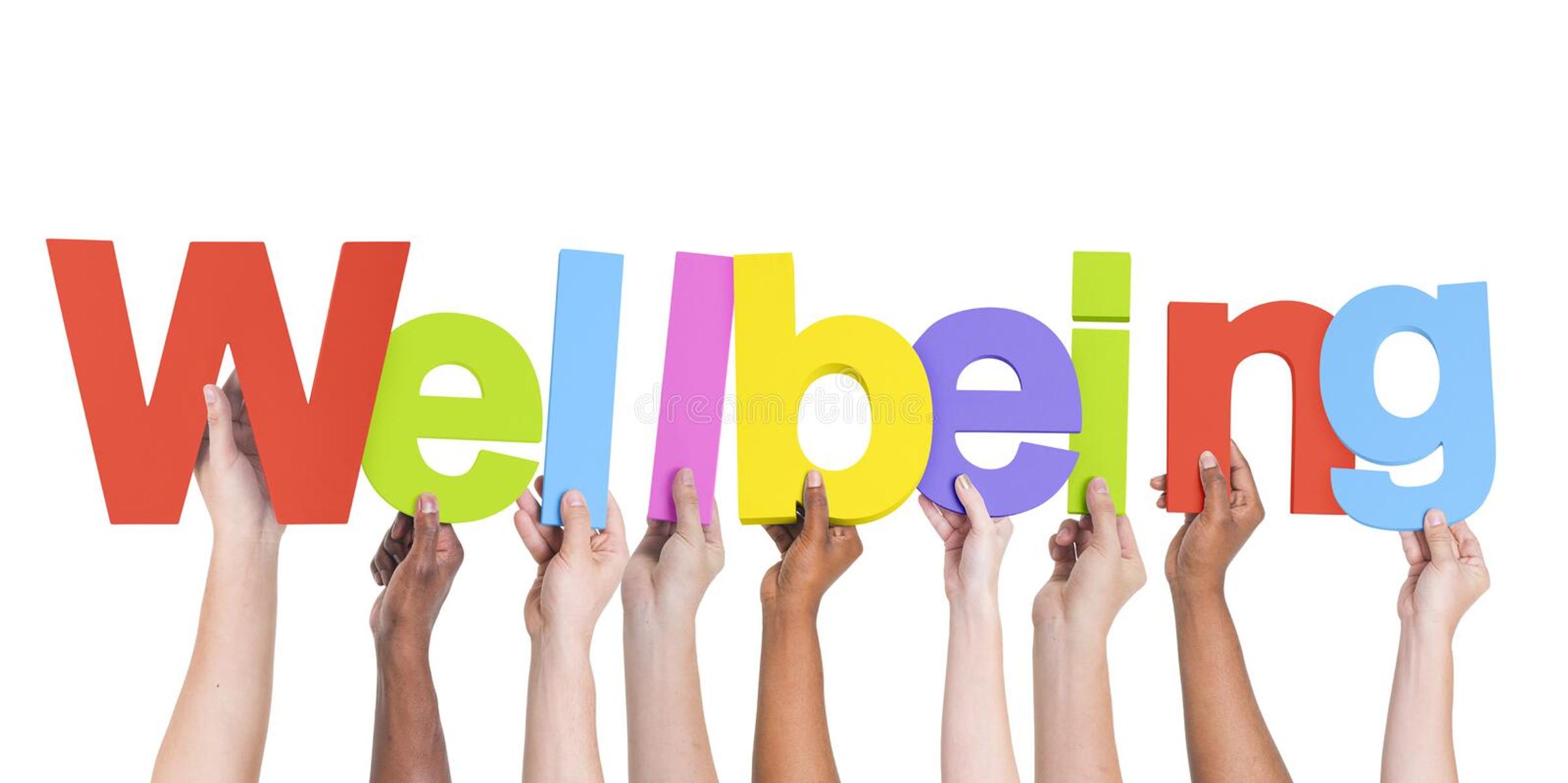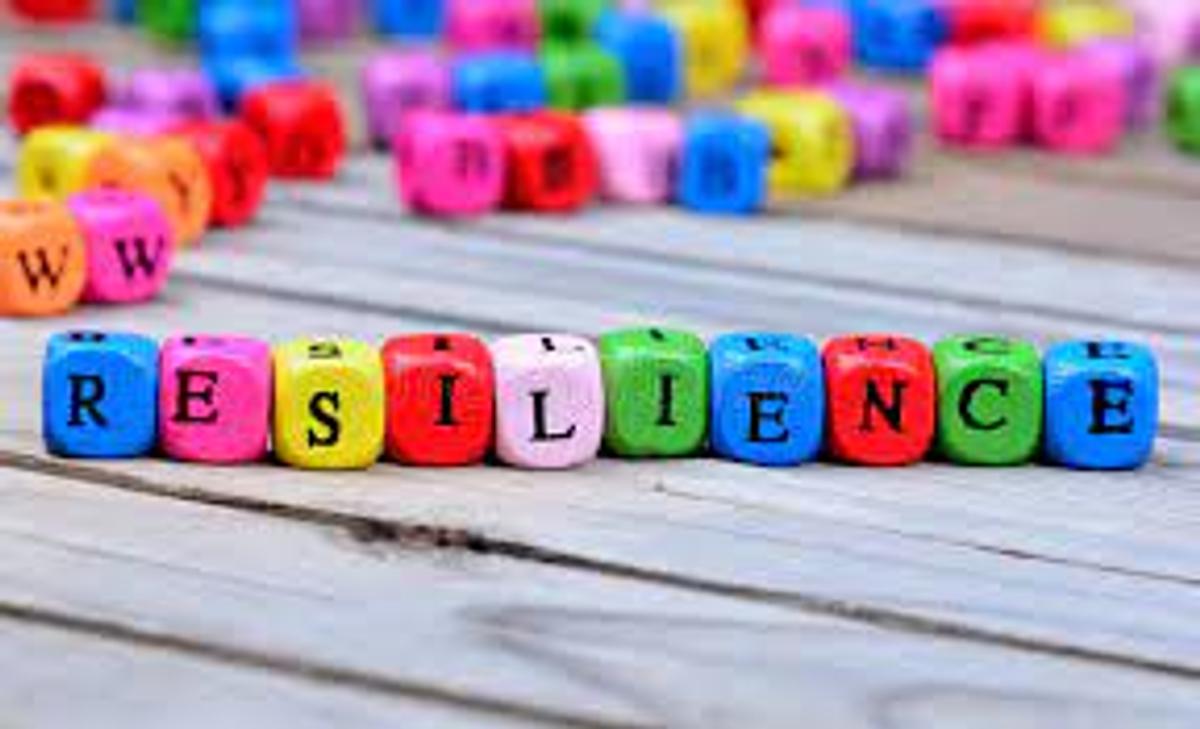
WELLBEING SPOTLIGHT
What is resilience and why is it so important?
At M.P.S., we have four key values which underpin everything we do. These values are taught explicitly in classes, role modelled by teachers and school leaders, and when they are demonstrated, children are acknowledged for making decisions which reflect our values.
Those four values are:
- Respect.
- Responsibility.
- Relationships (positive relationships).
- Resilience.
This week’s newsletter article focuses on a word that we hear a lot at the moment: RESILIENCE.
Resilience refers to the ability to manage everyday stressors and challenges. Having resilience enables people to shift back along the mental health continuum, towards good, positive mental health, even after facing obstacles.
We've all had to be extremely resilient - and flexible - throughout the past two years, in order to adapt to the changing COVID-19 situations and ensure we are still completing our everyday activities, whether that may be school, work, or simply maintaining some kind of healthy routine.
A child or young person’s ability to be resilient can depend upon many things and can change depending upon their situation. Importantly, specific situations or events that one child or young person may find challenging, another may not. A resilient child might use positive self-talk to encourage themselves, express their thoughts and feelings (not hide away from them), have age-appropriate strategies to manage emotions when they’re upset and actively seek/ask for help when they need it.
At M.P.S., we provide students with many opportunities, regardless of their age/year level, to develop their problem solving skills and independence. Sometimes, this means allowing students to resolve any issues that they are facing by themselves, even though they know we’re also here to help if they need it.
There are a few very important reasons why we prioritise resilience at Murrumbeena….
- Resilience is a life skill.
No different from reading, writing, maths, spelling, research skills or communication skills… Resilience is a lifelong skill that is extremely important in all of our lives. It is something that needs to be challenged, extended and sometimes, explicitly taught, in order to ‘stick’. Children, teenagers, and in turn, adults, use resilience everyday, in so many different ways. - Resilience is associated with better outcomes.
Resilience has been associated with better academic performance and behaviour and, longer-term, is associated with greater life opportunities (including employment and satisfying relationships). - Children and young people need resilience to manage ups and downs.
Children and young people with greater levels of resilience are better able to manage stress. When children and young people learn to navigate these stressors, it supports their mental health and wellbeing now and into the future. Ups and downs can range from everyday challenges like conflict with friends or falling off a bike. They can be emotional experiences such as loss, rejection, disappointment or humiliation. Some children and young people face serious challenges like disability, learning difficulties, family separation, family illness or death, or bullying. - Feeling optimistic and hopeful are key to mental health and wellbeing
Children and young people’s resilience is enhanced when they:
- feel loved by someone unconditionally
- have an older person outside the home they can talk to about problems and feelings
- are praised for doing things on their own and striving to achieve
- can count on their family being there when needed
- know someone they want to be like and have a positive role model to aspire to
- genuinely believe things will turn out all right
- have a sense of a power greater than themselves
- are open-minded, curious and willing to try new things
- feel that what they do makes a difference in how things turn out
- like themselves
- can focus on a task and stay with it
- have a sense of humour
- make goals and plans, both short and longer-term.
We appreciate your support in teaching our children the school values, particularly resilience, given its importance and significance in a child’s life.
Caitlin Brennan.
School Wellbeing Coordinator

